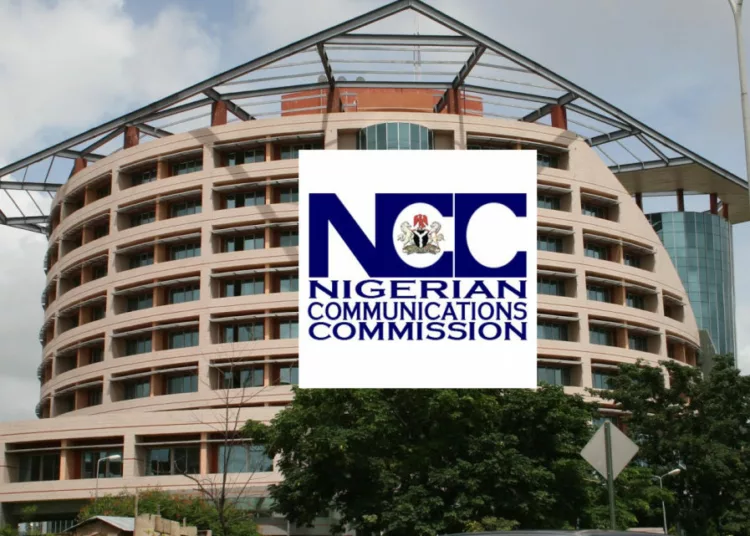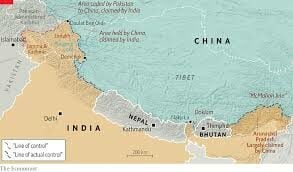The Nigerian Communications Commission (NCC) has approved a 50 per cent maximum tariff increase for telecom operators, marking the first increase in over a decade.
The NCC approved the tariff adjustments for telecommunications operators, with a cap set at 50 per cent on current rates.
This decision follows a careful review of the rising operational costs faced by telecom companies, which have remained unchanged since 2013 despite mounting inflationary pressures.
The approved tariff adjustment is a crucial step in addressing the widening gap between telecom operators’ operational costs and existing tariff rates.
Although some operators initially requested increases exceeding 100 per cent, the NCC has opted for a more measured increase of up to 50 per cent, striking a balance between the needs of the industry and consumer protection.
The Commission, in a statement by its director of public affairs, Reuben Muoka, clarified that the revised tariffs would remain within the guidelines of the 2013 NCC Cost Study.
Adjustments will be reviewed on a case-by-case basis, as per the NCC’s standard review process.
Furthermore, the adjustments will be implemented in compliance with the recently issued NCC Guidance on Tariff Simplification, 2024, ensuring transparency and clarity.
The telecommunications industry has faced several challenges in recent years, including rising fuel prices and currency devaluation, which have compounded the pressure on operators to adjust their tariffs. This tariff increase is seen as a necessary measure to ensure the sustainability of the sector, enabling operators to continue investing in network infrastructure and improving service delivery to consumers.
The NCC stressed that these changes are aimed at enhancing service quality, improving network coverage, and promoting better customer service.
In response to concerns about the impact of higher tariffs on Nigerian households and businesses, the Commission has mandated that operators implement the changes transparently and fairly, with clear communication to the public regarding the new rates and expected improvements in service delivery.
The decision follows extensive consultations with stakeholders across both public and private sectors. The NCC highlighted its commitment to balancing the protection of consumers with the long-term viability of the telecommunications industry.
Recognising the financial pressures faced by Nigerians, the Commission stressed its commitment to supporting indigenous vendors and suppliers who form a critical part of the telecom ecosystem. The NCC also reiterated its ongoing efforts to foster a resilient, innovative, and inclusive telecommunications sector that will drive the growth of Nigeria’s digital economy.
The NCC reaffirmed its dedication to creating a balanced, sustainable telecommunications environment that serves the interests of both consumers and operators, while supporting the growth of Nigeria’s digital economy.











